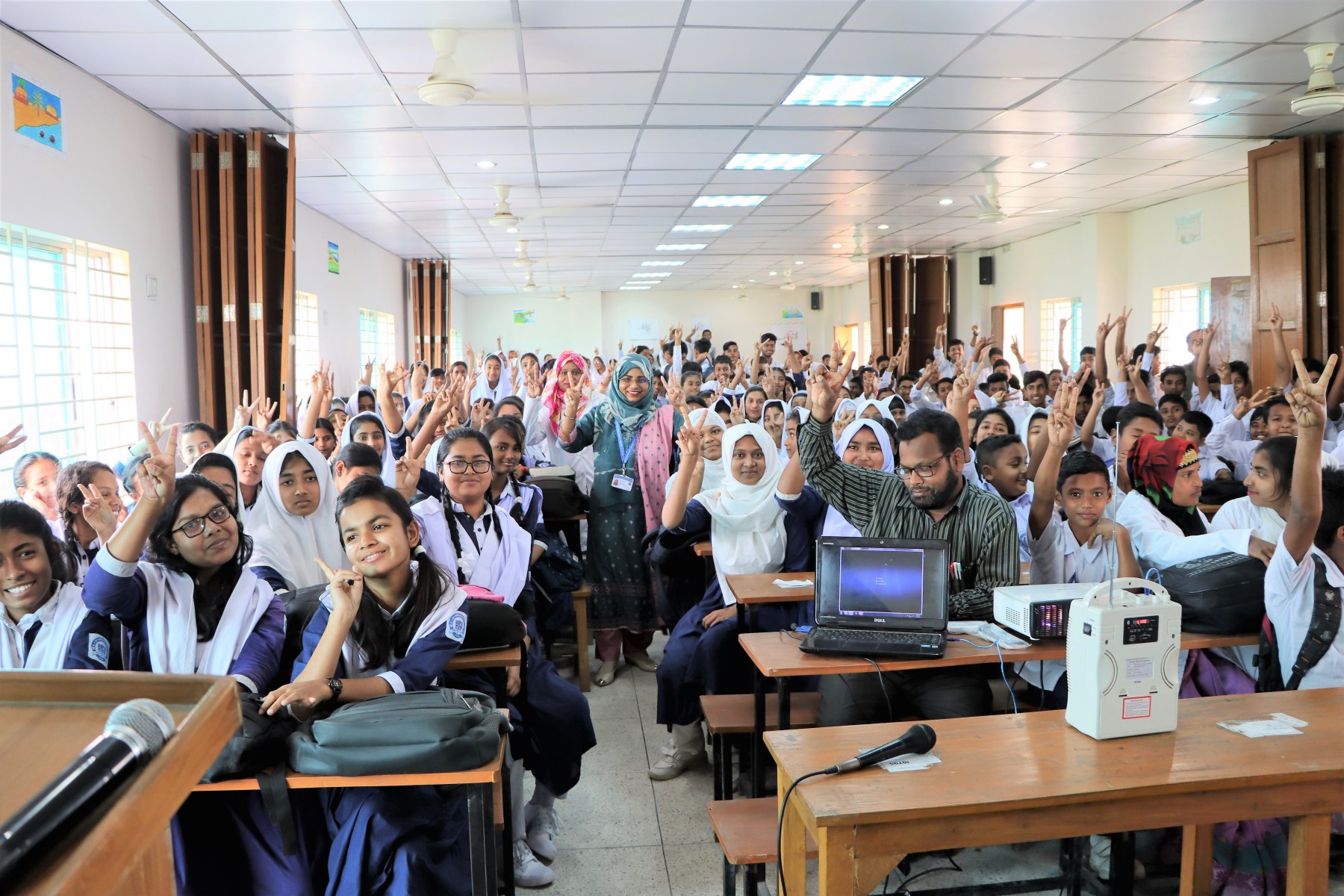One Health
Our “One Health” concept is the interface of human, animal and environmental health issues. This first year will focus on the design and implementation of the One-Health Kinigi Farms Initiative aimed at improving the health of a local community in Rwanda, Africa, while simultaneously strengthening the partnership that has begun to take form between the University of Rwanda and UC Davis. We will do training with the local farmers, university agricultural and medical students, and their faculty in animal health and well-being, public health, ecosystem health and the economic well-being of the community. We intend to create the building blocks for a cooperative community focused on small farms, regional schools, primary health care, and sound public health practices that are all self-sufficient and sustainable in a “feed the future” (FTF) region. Our first project will focus on childhood nutrition and safe dairy production to decrease childhood diarrhea. We will also develop a hybrid “one health/global health” course (in-person for those at UCD and virtually for those at the UR) that will be delivered prior to the field course. This course will also be available for students from the broader UCD community not participating in the field course. This pilot program begins, what will become an annual six week field project (4 weeks at Rwanda and 2 weeks in Davis) where by will educate, engage, and inspire students from the US and Rwanda on collaboration, leadership, and problem-solving while working on teams participating in practical research related to the interface of human, animal and environmental health issues.
Scope and Impact
Currently, health training in both the US and Rwanda is carried out in disciplinary silos with little knowledge or experience flowing between them. While disciplinary science remains important to create in-depth understanding of health phenomena and inform evidence-based policymaking, the systematic and dynamic nature of current problems requires transdisciplinary approaches. Innovation does not happen easily in disciplinary silos, but requires interactions amongst the key participants from multiple disciplines. Further, effective teamwork and leadership is integral to both innovation and implementation but is rarely taught or modelled. This program will work collaboratively to bridge existing gaps and silos to encourage and support the establishment of transdisciplinary research, build effective teams and narrow the “know-do gap”. We will develop problem-oriented, evidence-based, culturally acceptable styles of training that are sustainable, decentralised, and heavily focused on creating a community of problem-solvers. Through formal training programs, in-the-field practice experiences, participatory learning, and consultation with stakeholders in the health sector, education sector, local authorities and public service, we aim to develop a community of students ready to tackle global health challenges using a One-Health approach to address pressing practical research needs. This One-Health approach is crucial with far reaching impacts. However, it is vital that this approach not only be understood, but also practiced and modelled for students considering a career in global health. Our team’s goal is to create an integrated, networked, multi-disciplinary field-training program for UC Davis and Rwandan students, focused on examining real-world cases impacting the health of humans, animals, and their environments.
Objectives
1. Provide the training and tools to enable teams of UC & UR students to develop a one-health research project that is practical, community focused, culturally sensitive.
2. Provide focused training around team building, leadership and effective community strategies.
3. Develop an engaging, culturally acceptable, and easily deployable education program that is sustainable and fundable by outside agencies and organizations.
Duration
One year
Success Criteria
A 20% reduction in illness and infection rates
Cost
$500 per visit

